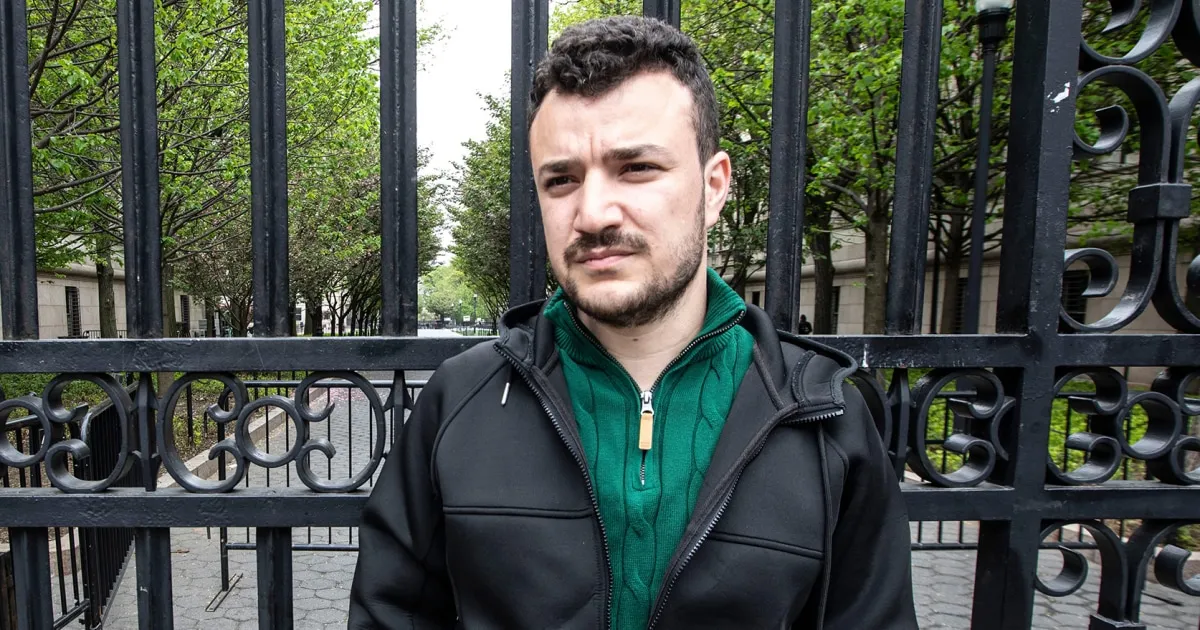
A federal judge has made a significant ruling in the case of Mahmoud Khalil, a Columbia University activist, stating that the Trump administration cannot currently proceed with his deportation or detention. This decision comes in response to a determination made by U.S. Secretary of State Marco Rubio, who argued that Khalil poses a national security risk. The judge's order, however, will not take effect until Friday, allowing the government time to file an appeal.
U.S. District Judge Michael Farbiarz issued the ruling on Wednesday, which prohibits the government from detaining Khalil based on Rubio's controversial assessment. The judge's order also prevents the government from attempting to remove Khalil from the United States for the time being. Rubio has cited a little-known provision of the Immigration and Nationality Act of 1952 as the basis for Khalil’s removal, claiming that the act empowers the secretary of state to make personal determinations regarding an individual's status in the country.
Mahmoud Khalil, a student at Columbia University, has been an outspoken advocate for various social issues, particularly in relation to the ongoing conflict in Gaza. His involvement in protests on the Manhattan campus last year drew significant attention and, ultimately, led to his arrest by federal agents in March. Since then, Khalil has been in custody, actively challenging the government's efforts to deport him.
A spokesperson from the Department of Homeland Security has alleged that Khalil has engaged in activities that “glorify and support terrorists.” These accusations have played a crucial role in the legal battles surrounding his immigration status. Khalil and his legal team are working diligently to counter these claims and secure his right to remain in the United States.
Judge Farbiarz’s ruling represents a critical victory for Khalil and his supporters, highlighting the complexities of immigration law and national security concerns. As the government now weighs its options for appeal, the case continues to draw attention to the broader implications of the administration's approach to immigration enforcement and the rights of activists.
This case serves as a reminder of the ongoing debates surrounding immigration policy, national security, and the rights of individuals engaged in political activism in the United States. As developments unfold, many will be watching closely to see how this situation progresses and what it means for the future of activists like Khalil.